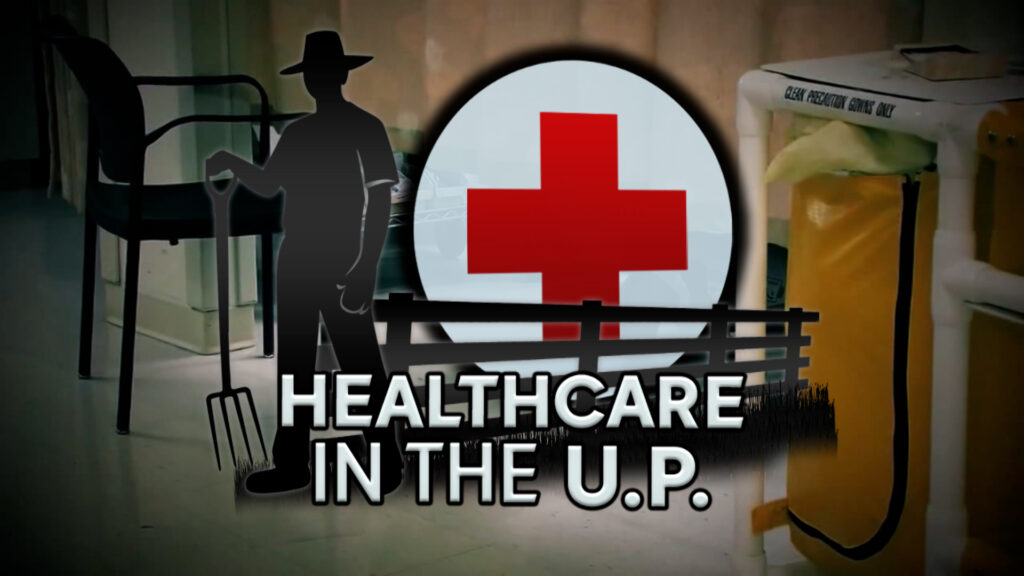Meeting Rural Healthcare Challenges

UPPER PENINSULA, Mich (WBUP) — In the last year, the pandemic has put the healthcare system across the country to the test. In rural areas, that additional impact is yet another blow to an already fragile balancing act in getting proper medical attention.
From the obstacles of providing proper care to patients, a local program that is training the next generation of rural doctors and a closer look at some of the talented doctors who are dedicated to making sure the unique needs of rural communities are met.
Tonight, we begin with the unique challenges of rural healthcare and the obstacles in our community.
The natural beauty of the Upper Peninsula makes it one of the most unique places on the planet.
For many, the lure of the Upper Peninsula is large open spaces and seemingly limitless outdoor opportunities. Unfortunately, that also creates a physical obstacle in getting the proper healthcare when a medical issue arises.
That ability to focus on the unique needs of rural populations means a doctor or nurse has to be more flexible in how they provide care as well as take on more responsibilities.
Beyond overcoming barriers by providing a broader set of services, rural areas also lack the personnel for specific types of medicine.
This lack of specialists also leads to situations where patients don’t have the resources they need or must drive long distances to get any care at all.
Nicole Bradshaw who was the author of a study from the Citizens Research Council of Michigan says 1/3 of medical school graduates were from rural areas, but now it is about 1/4.
She went on to say that unless you have some sort of tie to a community or always intended to go into rural health, research shows most physicians are unlikely to practice in a rural area.
A 2007 study from a nonprofit medical research organization found that only 10% of physicians practice in rural areas.
Even though the Michigan State University College of Human Medicine U.P. Campus finds passionate students who are interested in rural healthcare, another issue is the economic factors of healthcare.
National research suggests that a shortage of primary care can lower the quality of patient care even as it drives up costs, according to an article from MLive.
An analysis by the American Academy of Family Physicians found that having one primary care physician for every 1200 people is reasonable. In the United States it is just over 1300 and in Michigan is close to 1250.
The Citizens Research Council found that the bottom 10 counties in Michigan are all rural counties that ranged from 3000 people to a physician to nearly 7500 people to one physician.
If these trends continue, the shortage of rural primary care physicians in Michigan will get worse as older doctors continue to retire.
